The Wealth of Nations by Adam Smith
“The Wealth of Nations” by Adam Smith, first published in 1776, is a foundational work in classical economics. This seminal book explores the nature and causes of the wealth of nations, introducing key concepts such as the division of labor, free markets, and the “invisible hand” that guides economic prosperity. Essential reading for anyone interested in economics, history, and political theory, this classic remains profoundly influential today.
Out of stock
“The Wealth of Nations” by Adam Smith is a monumental work that laid the foundations for modern economic thought. Originally published in 1776, this seminal book offers an in-depth analysis of the nature and causes of a nation’s wealth, exploring the dynamics of economic growth, productivity, and market structures.
Key Features of “The Wealth of Nations” by Adam Smith:
Pioneering Economic Concepts: Smith introduces groundbreaking concepts such as the division of labor, which enhances productivity by breaking down production processes into specialized tasks, and the “invisible hand,” a metaphor for the self-regulating nature of free markets that aligns individual self-interest with societal benefit.
Comprehensive Analysis: The book is divided into five books, each covering different aspects of economics: the causes of improvement in productive powers, the nature of capital and its accumulation, the influence of markets and competition, the role of the state, and the impact of political economy on nations.
Historical Context: Smith’s work is set against the backdrop of the 18th-century industrial revolution and offers insights into the economic conditions and policies of his time. His analysis of the mercantile system and critique of protectionist trade policies remain relevant to contemporary economic debates.
Philosophical Underpinnings: Beyond economics, Smith delves into moral philosophy, examining the motivations behind human behavior and the ethical implications of economic decisions. His ideas reflect a profound understanding of human nature and society.
Influence on Modern Economics: “The Wealth of Nations” has had a lasting impact on economic theory and policy. Smith’s ideas laid the groundwork for the development of capitalism and have influenced economists, policymakers, and thinkers for over two centuries.
Accessible and Engaging: Despite its complexity, Smith’s writing is clear and engaging. He uses illustrative examples and logical arguments to explain his theories, making the book accessible to both scholars and general readers interested in economics and history.
Scholarly Edition: Many editions of “The Wealth of Nations” include introductions, annotations, and explanations by modern economists and historians, providing context and enhancing the reader’s understanding of Smith’s work.
Timeless Wisdom: Smith’s observations about the benefits of competition, the importance of self-interest, and the role of government in the economy offer timeless insights that continue to resonate in today’s economic landscape.
Critical Acclaim: Widely regarded as one of the most important books ever written on economics, “The Wealth of Nations” has been praised for its intellectual depth, comprehensive scope, and enduring relevance.
Beautiful Packaging: High-quality editions of this classic work often feature durable binding, elegant cover designs, and premium paper, making it a valuable addition to any personal library.
“The Wealth of Nations” by Adam Smith is essential reading for anyone interested in understanding the principles of economics and the historical development of economic thought. With its profound insights into the nature of wealth, markets, and human behavior, this classic work continues to enlighten and inspire readers around the world. Dive into the timeless wisdom of Adam Smith and explore the foundational ideas that shape our understanding of economics and society.
| Author | Adam Smith |
|---|---|
| Type | Paperback Brand new Printed (Indian Locally published) |
| ISBN/ISSN | 9387779467 |
| Language | English |
| Pages | 1144 |
Be the first to review “The Wealth of Nations by Adam Smith” Cancel reply
Related products
Non-fiction
Self-Help
Non-fiction
Non-fiction
Business
Self-Help


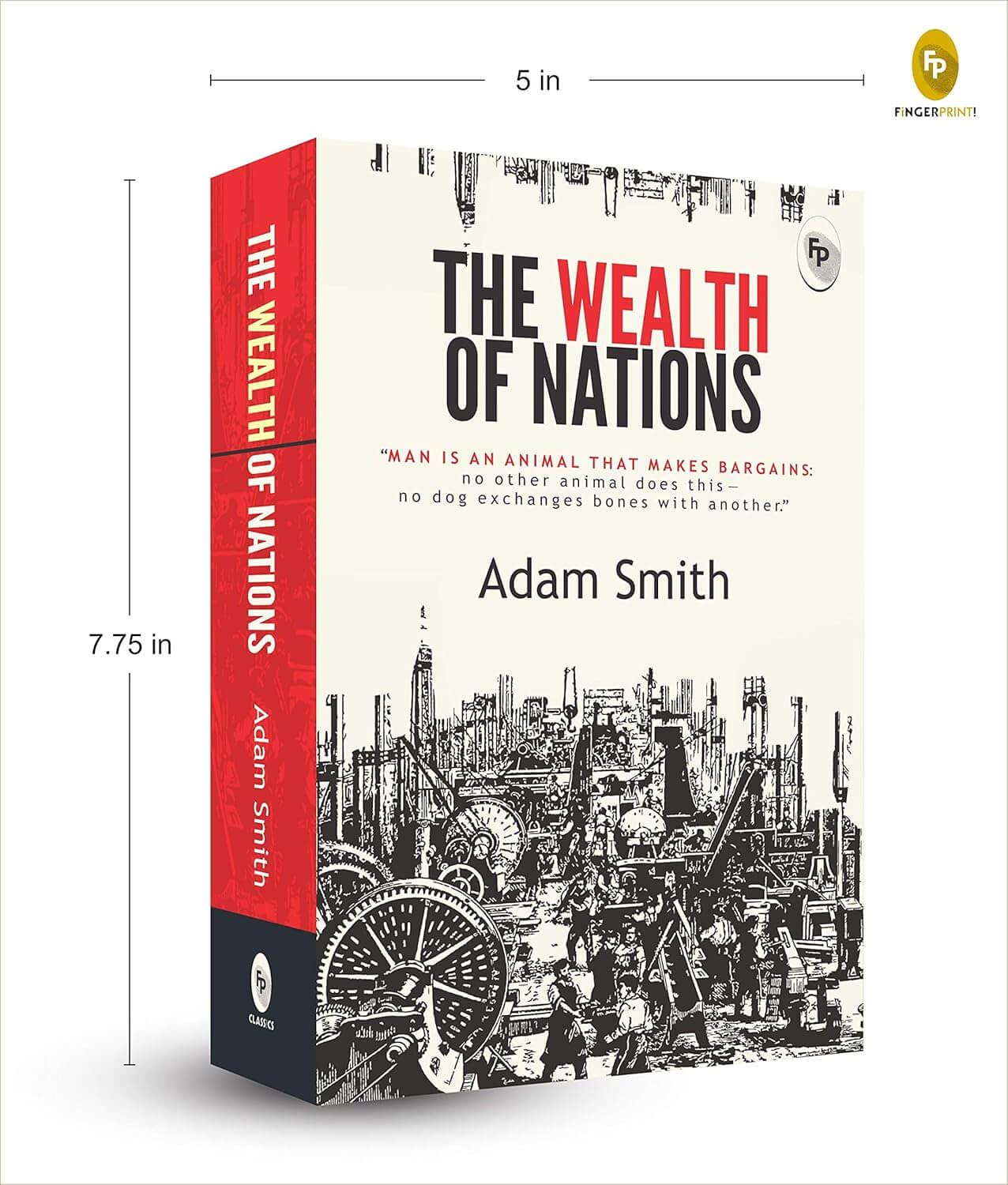
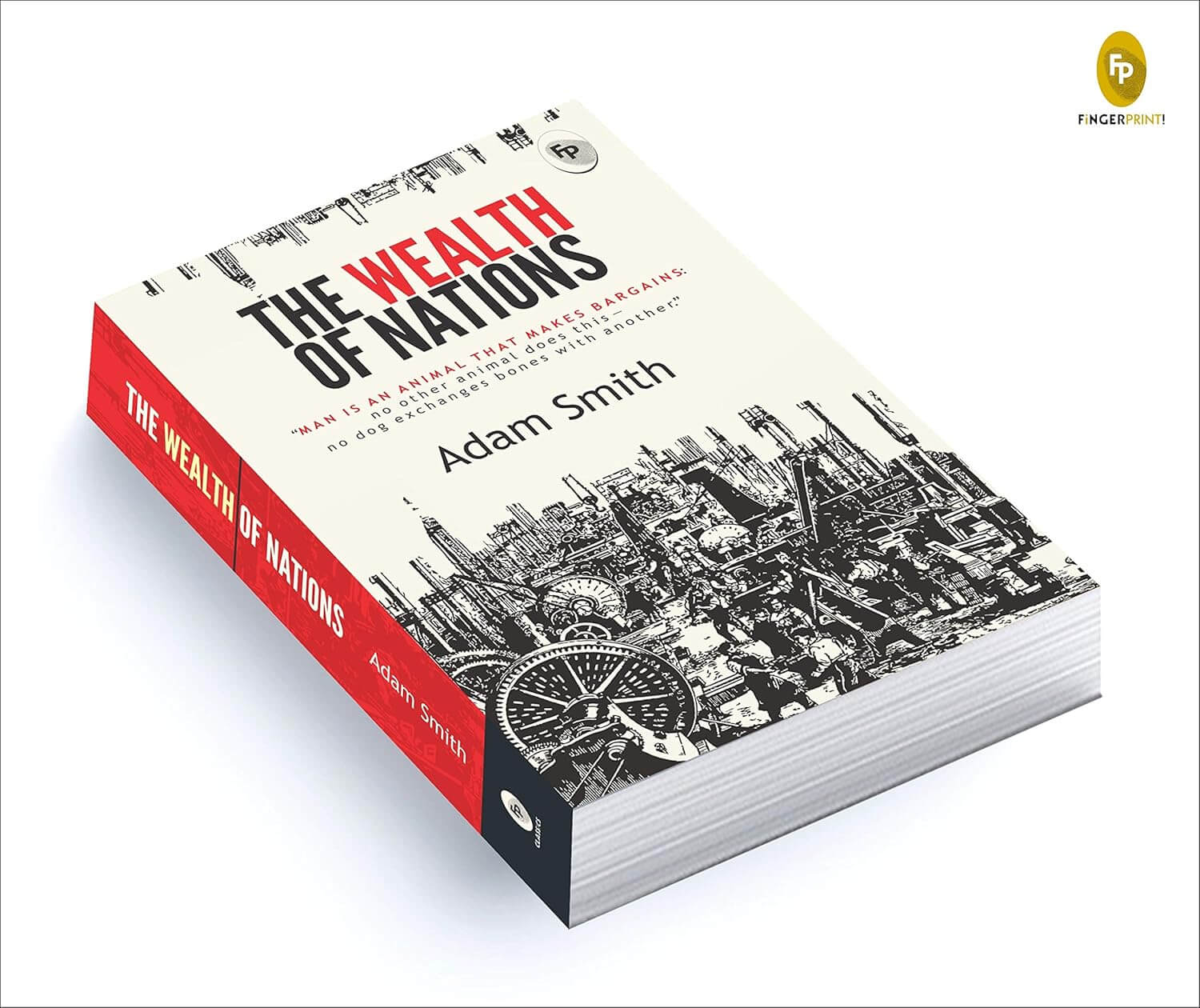

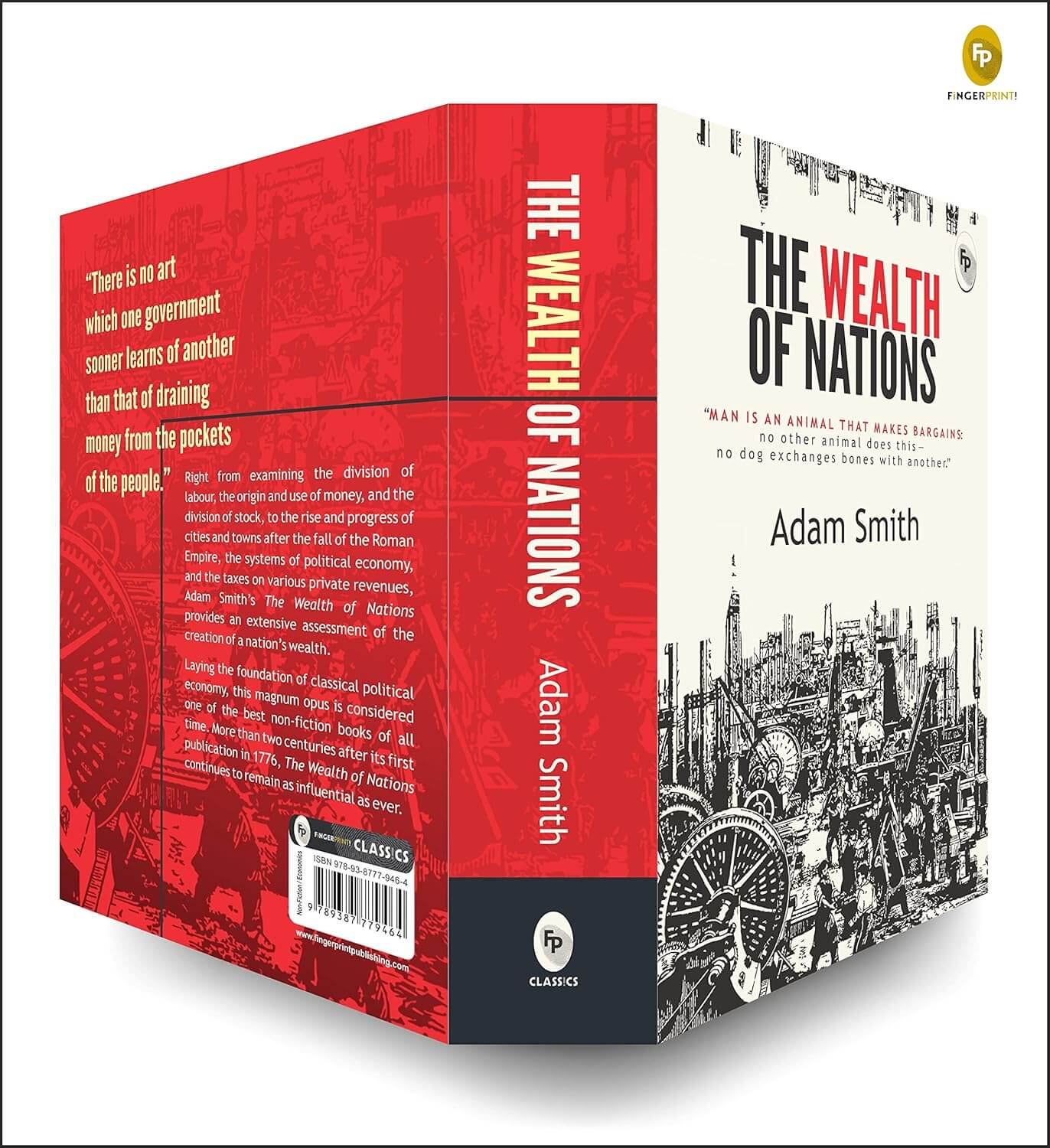
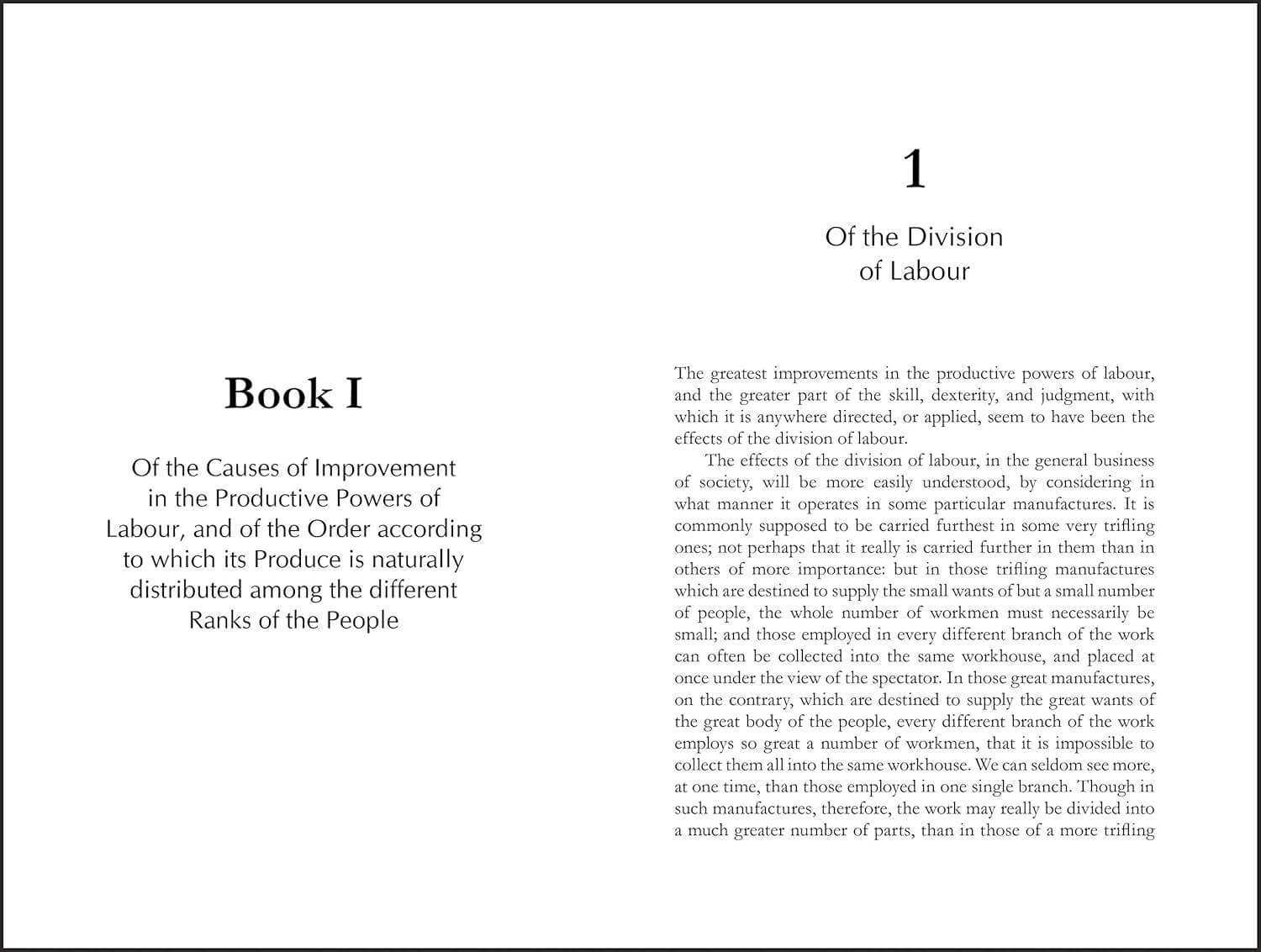
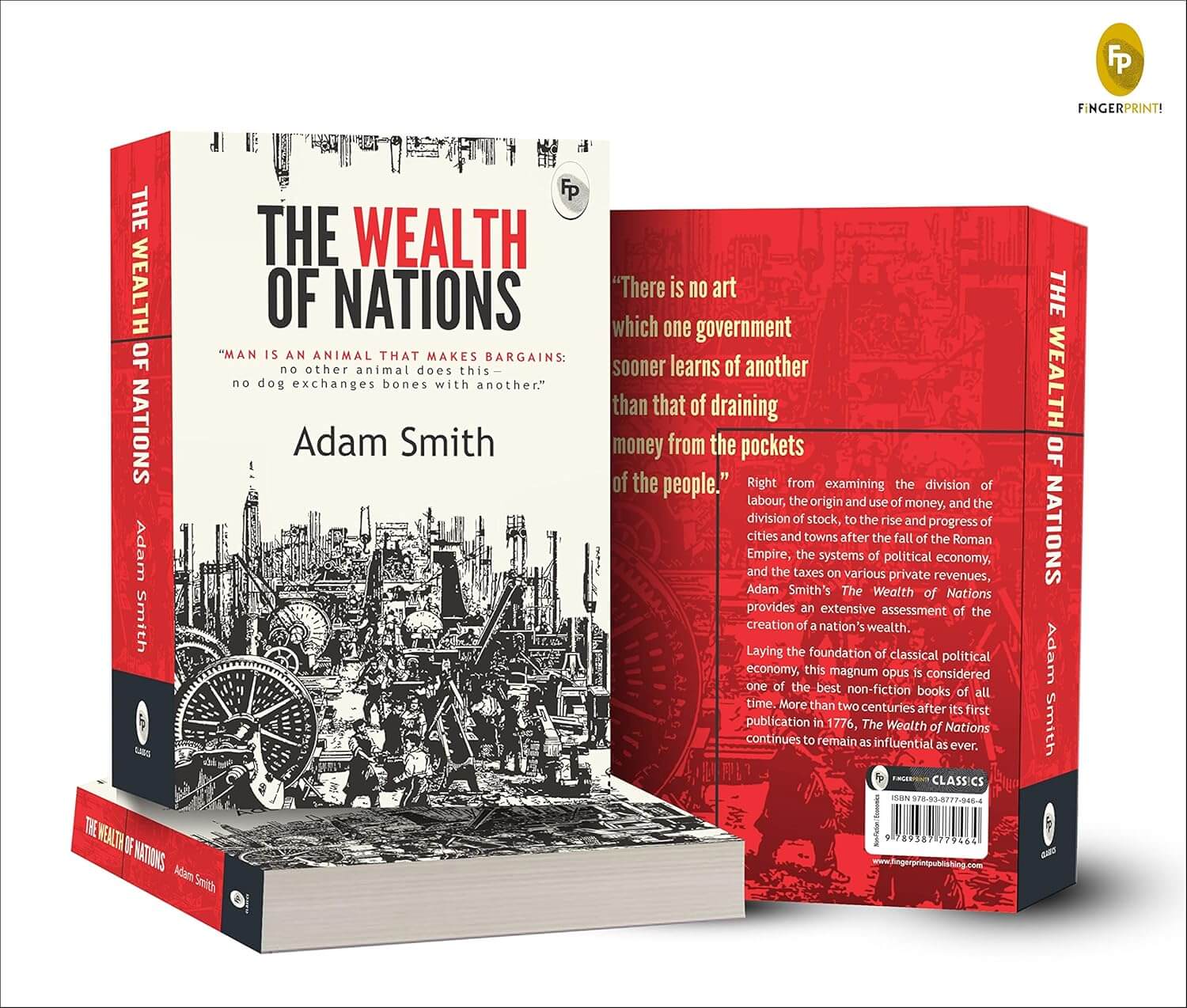



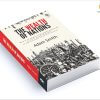


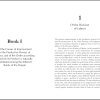



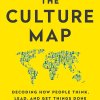











Reviews
There are no reviews yet.